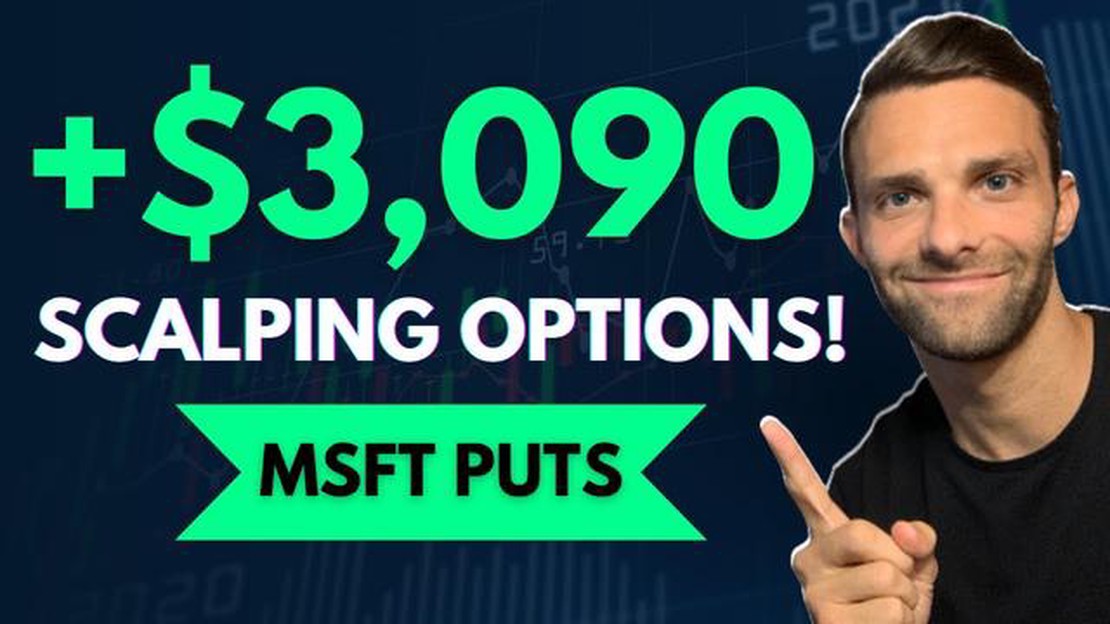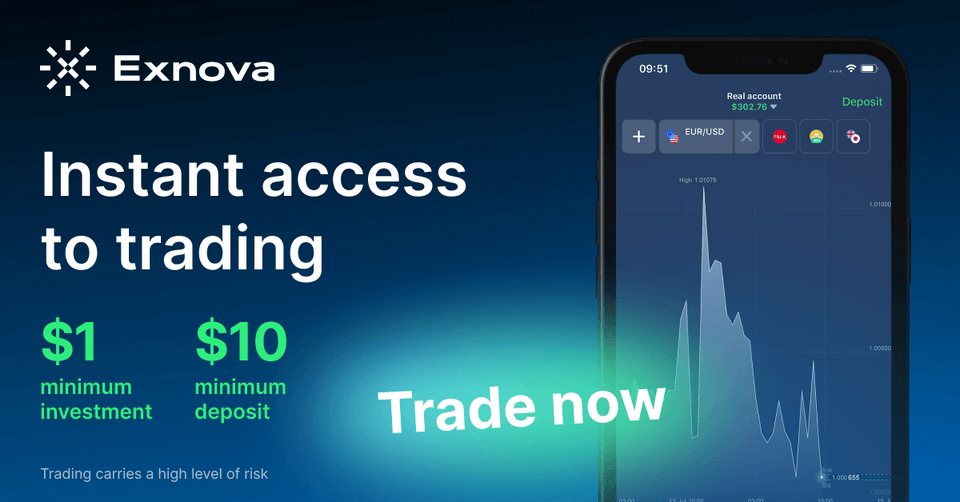Can I Send 100k to India from USA? | Money transfer options and regulations
Can I send 100k to India from USA? Transferring money from the United States to India can sometimes be a complex process. Many individuals and …
Read Article
Scalping refers to a trading strategy that involves making small, quick trades in the financial markets to profit from short-term price fluctuations. While this strategy is commonly used in stock and forex markets, many traders wonder if it can also be applied to options trading.
Options trading is a popular form of trading where investors can buy or sell the right to buy or sell an asset at a specific price (known as the strike price) within a certain timeframe. This flexibility makes options trading attractive to traders who are looking for potential higher returns.
However, when it comes to scalping, options trading poses a unique set of challenges. Unlike stocks or forex, options have an expiration date, which means that traders need to factor in time decay. Additionally, options can be more illiquid compared to other financial instruments, which can make it difficult to enter and exit trades quickly.
Despite these challenges, some traders have found success in scalping options. They take advantage of volatility spikes or news events to quickly enter and exit trades, aiming to profit from short-term price movements.
It’s important to note that scalping options requires a high level of skill, experience, and risk management. Traders need to be able to quickly analyze market conditions, identify potential opportunities, and execute trades efficiently. Additionally, they must have a thorough understanding of options pricing and the ability to manage their positions effectively.
Ultimately, whether scalping is a profitable strategy in options trading depends on the individual trader. It requires a disciplined approach, the ability to adapt to changing market conditions, and a willingness to continuously learn and improve.
Scalping is a trading strategy that aims to profit from short-term price fluctuations by executing multiple trades within a day. While it can be potentially profitable, like any trading strategy, scalping comes with its own set of advantages and disadvantages. Here are the pros and cons of implementing a scalping strategy in options trading:
Pros:
Cons:
 2. Commission Costs: Since scalpers execute a large number of trades, commission costs can add up quickly. Traders need to factor in these costs when calculating their potential profits and returns.
3. Risk of Overtrading: Due to the high trade frequency in scalping, there is a risk of overtrading and becoming overly reliant on the strategy. Traders need to maintain discipline and avoid chasing excessive trades that do not meet their criteria.
2. Commission Costs: Since scalpers execute a large number of trades, commission costs can add up quickly. Traders need to factor in these costs when calculating their potential profits and returns.
3. Risk of Overtrading: Due to the high trade frequency in scalping, there is a risk of overtrading and becoming overly reliant on the strategy. Traders need to maintain discipline and avoid chasing excessive trades that do not meet their criteria.
Read Also: Is Crypto the Same as Gambling? Understanding the Similarities and Differences4. Market Volatility: Scalping can be challenging during periods of high market volatility, as price movements may be more unpredictable and erratic. Traders need to be cautious and adapt their strategy accordingly in volatile market conditions.
Overall, scalping can be a profitable strategy in options trading for experienced and disciplined traders who are able to effectively manage their risks and dedicate the necessary time and attention. It is important to consider both the potential benefits and drawbacks before implementing any trading strategy.
Scalping is a popular strategy in options trading that involves making small, quick trades to take advantage of short-term price fluctuations. While it may not be suitable for all traders, there are several advantages to using the scalping strategy in options trading:
1. Quick Profits:
Scalping allows traders to make quick profits by taking advantage of small price movements. With short holding periods, traders can enter and exit positions rapidly, capturing gains in a shorter timeframe.
2. Lower Risk:
Read Also: Where is FxPro from? Discover the origins of FxPro and its international presence
Scalping typically involves smaller position sizes, which helps to reduce the overall risk exposure. By targeting small price movements, traders can set tight stop losses, limiting potential losses if the market moves against them.
3. Increased Trading Opportunities:
Scalping allows traders to take advantage of a large number of trading opportunities throughout the trading day. With short holding periods, traders can quickly scan the market for potential setups and execute trades more frequently.
4. Flexibility in Market Conditions:
Scalping can be applied in various market conditions, including trending, range-bound, and volatile markets. Traders can adapt their strategies and take advantage of short-term price fluctuations regardless of the market environment.
5. Lower Market Exposure:
Since scalping involves quick trades, traders are exposed to the market for shorter periods. This can reduce the impact of unexpected news or events that may occur during longer holding periods.
6. Emotional Discipline:
Scalping requires quick decision-making and strict adherence to trading rules. Traders need to have strong emotional discipline and be able to execute trades without hesitation. This can help in developing a disciplined approach to trading.
It is important to note that while scalping can offer advantages in options trading, it also carries certain risks. Traders should carefully consider their trading style, risk tolerance, and market conditions before implementing the scalping strategy.
Scalping strategy in options trading involves making multiple short-term trades to profit from small price movements. Traders aim to capture small profits quickly by entering and exiting positions within minutes or even seconds.
Scalping can be a profitable strategy in options trading for experienced and skilled traders who can make quick decisions and react to market movements effectively. However, it requires a high level of skill and experience, as well as the ability to manage risks properly.
The advantages of scalping strategy in options trading include the potential for quick and frequent profits, the ability to take advantage of short-term market movements, and the flexibility to adapt to changing market conditions. Additionally, scalpers can avoid exposure to overnight market volatility.
Yes, there are risks associated with scalping strategy in options trading. The main risk is that the trader might make wrong and quick decisions, resulting in losses. Additionally, scalping requires constant monitoring of the market and can be mentally and emotionally demanding.
Can I send 100k to India from USA? Transferring money from the United States to India can sometimes be a complex process. Many individuals and …
Read ArticleIs Forex a skill or luck? Forex trading is a popular and lucrative financial market, where currencies are bought and sold. But is success in forex …
Read ArticleCharges for Foreign Remittance: Everything You Need to Know When it comes to sending money internationally, understanding the associated charges and …
Read ArticleChoosing the Best Binary Option for Trading Binary options trading has become an extremely popular way to earn money online. With its simplicity and …
Read ArticleConversion rate: pounds to euro Understanding currency exchange rates is crucial for international travelers and businesses alike. One of the most …
Read ArticleWhat is the moving average strategy of SPY? Trading in the stock market can be a challenging endeavor, as it requires analyzing data, identifying …
Read Article